
Your fridge might look spotless from the outside, but it could be a leading cause of cross-contamination in your kitchen, which, during a season of endless hosting and socializing, could be a massive fail.
The culprit? Your fridge’s filthy handle.
Here’s why you should be cleaning the fridge and focusing on this nasty spot every day during hosting season and beyond to keep your kitchen hygienic and guests safe from germs.
Why you should clean your fridge handle daily this fall
Skipping cleaning the exterior of your fridge is a common fridge cleaning mistake that many of us make daily. When it comes to the holiday season, with friends and family reaching for snacks and complicated dinners, the situation only gets worse.
Petya Holevich, house cleaning specialist at Fantastic Services, explains, ‘Fridge handles are one of the most frequently touched surfaces in a home. Every time someone goes to get food or drinks, they’re transferring oils, dirt, and bacteria from their hands onto the fridge handle.
‘Unlike kitchen counters, which people tend to clean regularly, handles are often overlooked, even though they’re just as high-contact areas. Daily cleaning helps reduce the build-up of germs that could spread to family members, particularly during food preparation.
‘This is especially important because you’re often handling food right after touching the fridge. Over time, if the handles aren’t cleaned, you’ll notice sticky residue, grime, and sometimes even discolouration, which can be harder to remove once it sets in.’
You don’t need to go all out cleaning a kitchen to tackle this cross-contamination risk. Instead, you can clean as you go.
Petya recommends keeping a microfiber cloth (available at Walmart) and a mild anti-bacterial spray, such as the non-toxic Attitude all-purpose cleaner from Walmart, nearby.
She recommends, ‘Spray it onto the cloth instead of directly onto the handle to avoid drips or pooling and wipe along the grain if you’re cleaning stainless steel.’

Alternatively, Petya suggests cleaning with rubbing alcohol. ‘A 70% isopropyl alcohol solution [from Amazon] is ideal as it evaporates quickly and generally is safe on metal and plastic surfaces when it’s used properly.
'Apply it lightly by spraying or with a damp cloth, let it sit briefly, then wipe it and let the surface dry.’
Avoid astringent or abrasive cleaners, such as bleach or steel wool, as these might damage your best fridge.
Fridge cleaning essentials
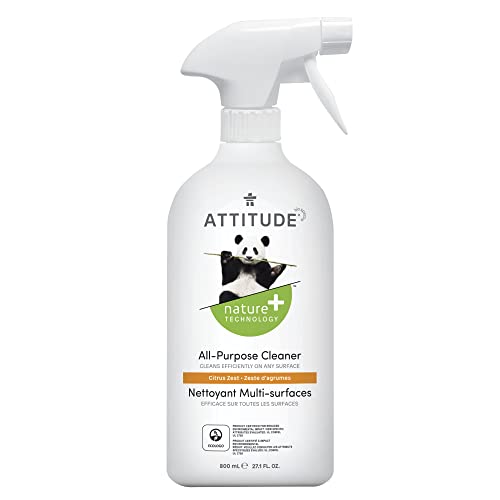
The Environmental Working Group (EWG) has certified Attitude products as non-toxic, meaning they contain no harsh chemicals or artificial compounds.
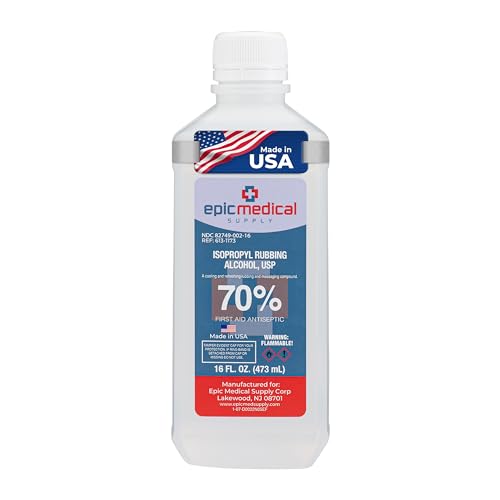
Cleaning with rubbing alcohol is highly effective at killing a wide range of bacteria, viruses, and fungi on contact, making it a great household cleaning agent.
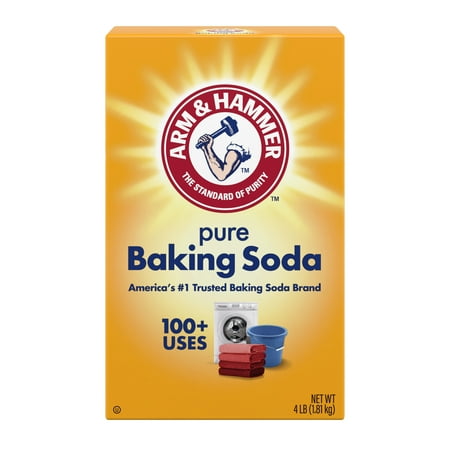
Baking soda is a natural deodorizer, perfect for putting in a small dish on a fridge shelf to absorb food odors for fresh food storage.
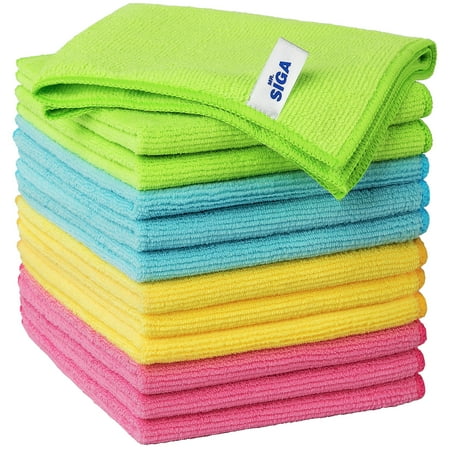
Microfiber cloths are machine washable, meaning you can reuse them for years with proper care. Simply wash after use on a warm water cycle and gentle detergent (skip the softener) to sanitize.
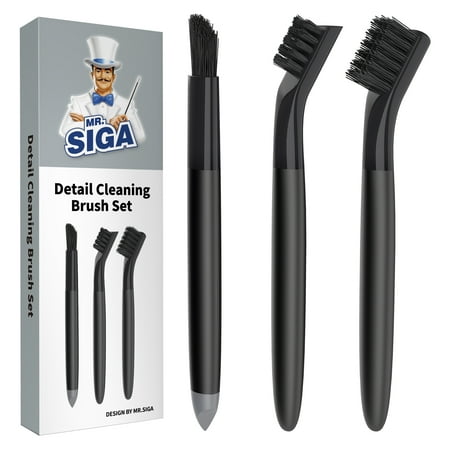
These small detail cleaning brushes are ideal for targeting awkward spots that cloths can't reach, such as the small gaps in rubber seals around fridge doors.
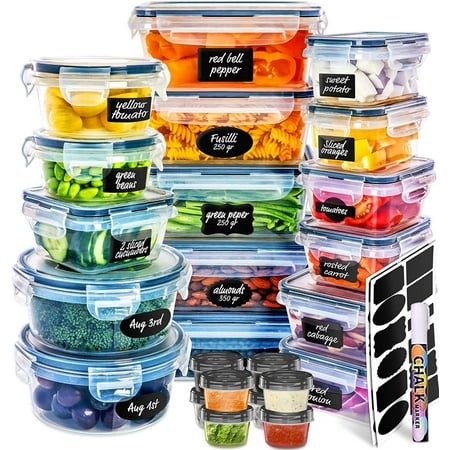
Keep fridge food storage safe and toxin-free by switching to glass food containers. They keep food fresher, and (being dishwasher safe) are easier to clean than plastic.
Meet the expert
Want to avoid cross-contamination elsewhere in your kitchen? Brush up on the disinfecting golden rules to get the best results from your daily and weekly cleaning, or try my kitchen zoning method to prevent cross-contamination.







